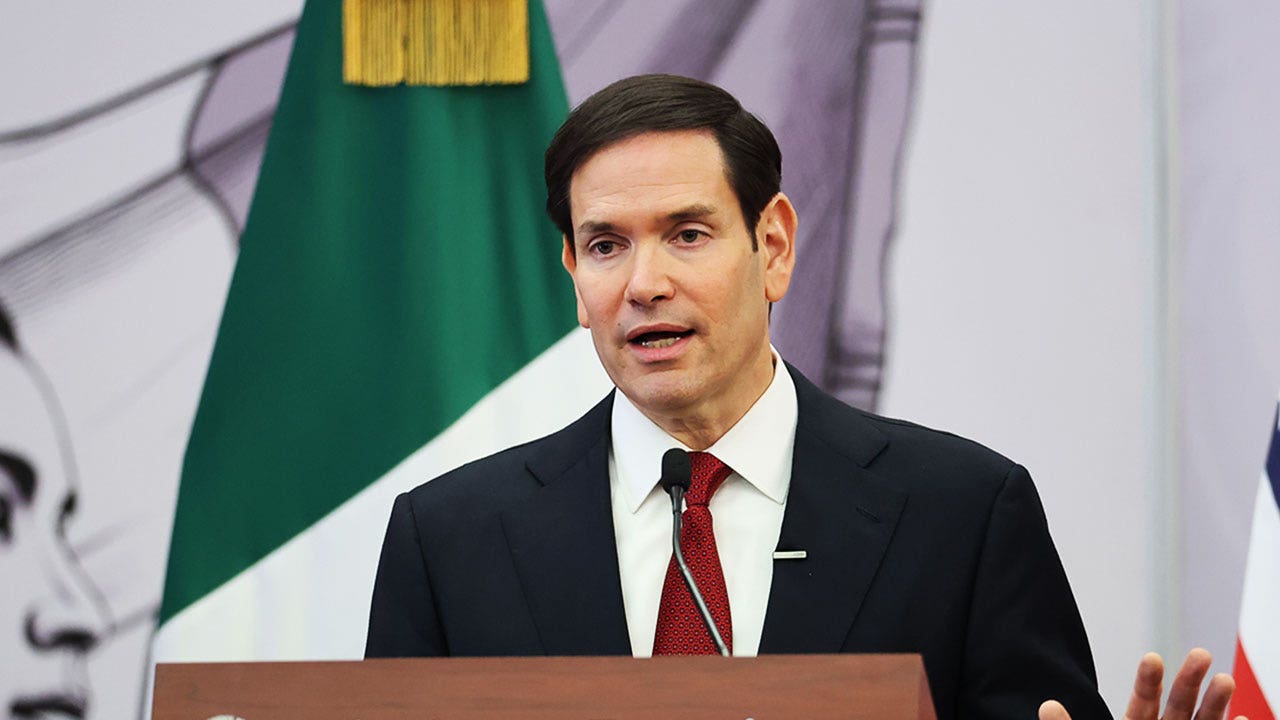Marco Rubio Vows More Strikes on ‘Narco-Terrorists’ After U.S. Military Hit on Venezuelan Cartel Boat
In a stark escalation of the U.S. war on drug trafficking, Secretary of State Marco Rubio has pledged continued lethal action against “narco-terrorists” following a U.S. military strike that killed 11 suspected members of Venezuela’s Tren de Aragua cartel. The announcement, made amid heightened tensions in the Caribbean, signals the Trump administration’s aggressive stance against Venezuelan-linked criminal networks, raising fears of broader regional conflict.
The Strike: U.S. Military Targets Venezuelan Drug Vessel
On September 2, 2025, President Donald Trump revealed that U.S. forces conducted a “kinetic strike” in international waters off Venezuela’s coast, destroying a drug-carrying boat operated by the Tren de Aragua (TdA) cartel. The operation, described as a “precision strike” by the Pentagon, resulted in the deaths of 11 individuals, with no U.S. personnel harmed. Trump shared video footage on Truth Social, showing the vessel exploding in the southern Caribbean Sea, and warned potential traffickers: “BEWARE!”
Secretary of State Marco Rubio confirmed the details in a post on X, stating the vessel had departed from Venezuela and was transporting illegal narcotics toward the U.S. or Caribbean nations like Trinidad and Tobago. Rubio emphasized the strike’s role in combating TdA, designated a foreign terrorist organization by the Trump administration in February 2025. The boat was believed to be a “go-fast” vessel used for quick drug transfers to larger ships.
This marks the first publicly confirmed U.S. military action against a Latin American cartel under Trump’s second term, following his August executive directive authorizing force against designated terrorist groups. The U.S. has deployed warships, submarines, and over 4,500 Marines to the region as part of a counter-drug mission.
Rubio’s Vow: ‘Wage War’ on Narco-Terrorists
On September 3, 2025, Rubio reiterated the administration’s commitment during a Fox News interview, vowing to “wage war” on narco-terrorists: “What will stop them is when you blow them up and you get rid of them.” He defended the strike’s legality, noting all steps were pre-approved, and warned Venezuelan President Nicolás Maduro, accused of controlling TdA and the Cartel de los Soles.
Rubio, speaking before a trip to Mexico and Ecuador, stressed collaboration: “We are going to wage combat against drug cartels flooding American streets and killing Americans.” He linked TdA to Maduro’s regime, which faces a $50 million bounty for narco-terrorism. The strike follows U.S. designations of TdA and Cartel de los Soles as terrorist entities in February and July 2025.
Background: U.S.-Venezuela Tensions and the Narco-Terrorism Fight
The strike escalates U.S. efforts against Venezuelan cartels, designated terrorists under Trump’s directive to use military force. TdA, originating in Venezuela’s Aragua prison, has expanded across Latin America and the U.S., linked to fentanyl trafficking, murders, and sex trafficking. Maduro denies ties, but U.S. intelligence accuses his regime of facilitating operations via Cartel de los Soles.
Trump’s policy builds on his first term’s sanctions and Maduro’s 2020 narco-terrorism indictment. Recent U.S. naval deployments to the Caribbean have drawn Maduro’s ire, who vowed a “republic in arms” against attacks. The strike, in international waters, avoids direct Venezuelan territory but heightens regime-change speculation.
Key Figures in the Strike
| Figure | Role | Statement |
|---|---|---|
| Donald Trump | President | “11 terrorists killed… BEWARE!” |
| Marco Rubio | Secretary of State | “Lethal strike… no impunity.” |
| Pete Hegseth | Secretary of Defense | “Further strikes may come.” |
| Nicolás Maduro | Venezuelan President | “Criminal threat” to sovereignty. |
Expert Opinions and Public Reactions
Experts see the strike as a bold escalation. “Rubio’s vow signals a militarized approach to cartels, but risks provoking Maduro and straining U.S. alliances,” said Tom Karako of CSIS. CSIS’s Tom Karako noted such actions may be classified, with “dozens” possible historically.
Public reactions are divided. On X, #NarcoTerroristStrike trends with support from conservatives: “Trump’s taking out the trash—Maduro next?” Critics warn of war risks, with Venezuelan officials calling the video AI-generated. Trinidad’s PM praised the action, while Maduro threatened retaliation.
Implications for U.S. Readers: Security, Trade, and Regional Stability
For Americans, the strike intensifies the fight against fentanyl (100,000 overdose deaths yearly), potentially reducing supply from Venezuela. Economically, it could disrupt $10B U.S.-Venezuela trade, raising oil prices amid sanctions. Politically, Rubio’s hawkish stance shapes 2026 midterms on Latin America policy. Lifestyle-wise, it heightens travel warnings for the Caribbean. Technologically, precision strikes showcase drone advancements. In sports, Venezuelan athletes may face visa issues.
Conclusion: A Bold Strike with Escalation Risks
Marco Rubio’s vow for more strikes on narco-terrorists follows the U.S. military’s deadly hit on a Venezuelan cartel boat, killing 11 TdA members and signaling Trump’s aggressive anti-drug strategy. Amid Maduro’s threats, the action escalates U.S.-Venezuela tensions.
The outlook includes potential further operations but risks broader conflict. For the U.S., it’s a win against cartels but a test of regional diplomacy—watch for diplomatic fallout.
